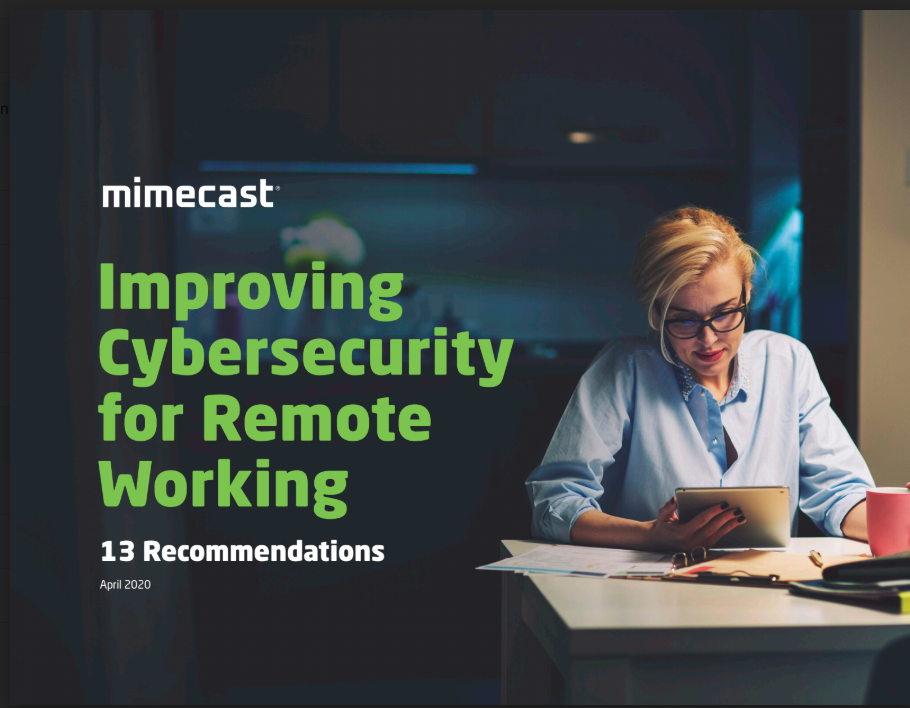Ransomware gangs pretend to delete stolen data to extort victims twice, report warns
Security experts warn that paying ransomware hackers will likely lead to more demands


Ransomware gangs are reportedly sending victims fake evidence that stolen data has been deleted, only to use that data again in a second extortion attempt.
Notorious hacking groups such as Sodinokibi, Maze, and Netwalker have been tricking victims into a false sense of security, according to a Q3 Ransomware report from cyber security firm Coveware.
The report found that it has now become the default position for groups to hold onto data they have acquired, regardless of whether a ransomware payment has been paid by the victim. In fact, the cyber security firm found evidence that many groups are providing faked files that claim to prove that the data has been deleted.
Although some victims may decide there are valid reasons to pay, cyber security experts frequently advise against it. This is largely because there is no credible way to prove data has been deleted, or a way to ensure data has been returned, if that was the arrangement. There's also the potential that stolen data has already been traded, sold, or held by other threat actors for reuse.
Conti (aka Ryuk), which was recently revealed to be behind a third of all ransomware attacks in 2020 and is mentioned in the report, was recently blamed for an attack on French IT service Sopra Steria at the end of October. Although the company agreed to pay the ransom demanded by the hackers, it's now believed that the evidence provided to show deletion was in fact fabricated, according to Coveware.
RELATED RESOURCE

How to improve cyber security for remote working
13 recommendations for security from any location
"Unlike negotiating for a decryption key, negotiating for the suppression of stolen data has no finite end," the report stated. "Once a victim receives a decryption key, it can't be taken away and does not degrade with time. With stolen data, a threat actor can return for a second payment at any point in the future. The track records are too short and evidence that defaults are selectively occurring is already collecting."
Get the ITPro daily newsletter
Sign up today and you will receive a free copy of our Future Focus 2025 report - the leading guidance on AI, cybersecurity and other IT challenges as per 700+ senior executives
Bobby Hellard is ITPro's Reviews Editor and has worked on CloudPro and ChannelPro since 2018. In his time at ITPro, Bobby has covered stories for all the major technology companies, such as Apple, Microsoft, Amazon and Facebook, and regularly attends industry-leading events such as AWS Re:Invent and Google Cloud Next.
Bobby mainly covers hardware reviews, but you will also recognize him as the face of many of our video reviews of laptops and smartphones.
-
 Cleo attack victim list grows as Hertz confirms customer data stolen
Cleo attack victim list grows as Hertz confirms customer data stolenNews Hertz has confirmed it suffered a data breach as a result of the Cleo zero-day vulnerability in late 2024, with the car rental giant warning that customer data was stolen.
By Ross Kelly
-
 Lateral moves in tech: Why leaders should support employee mobility
Lateral moves in tech: Why leaders should support employee mobilityIn-depth Encouraging staff to switch roles can have long-term benefits for skills in the tech sector
By Keri Allan
-
 Cleo attack victim list grows as Hertz confirms customer data stolen – and security experts say it won't be the last
Cleo attack victim list grows as Hertz confirms customer data stolen – and security experts say it won't be the lastNews Hertz has confirmed it suffered a data breach as a result of the Cleo zero-day vulnerability in late 2024, with the car rental giant warning that customer data was stolen.
By Ross Kelly
-
 ‘Phishing kits are a force multiplier': Cheap cyber crime kits can be bought on the dark web for less than $25 – and experts warn it’s lowering the barrier of entry for amateur hackers
‘Phishing kits are a force multiplier': Cheap cyber crime kits can be bought on the dark web for less than $25 – and experts warn it’s lowering the barrier of entry for amateur hackersNews Research from NordVPN shows phishing kits are now widely available on the dark web and via messaging apps like Telegram, and are often selling for less than $25.
By Emma Woollacott
-
 Healthcare systems are rife with exploits — and ransomware gangs have noticed
Healthcare systems are rife with exploits — and ransomware gangs have noticedNews Nearly nine-in-ten healthcare organizations have medical devices that are vulnerable to exploits, and ransomware groups are taking notice.
By Nicole Kobie
-
 Alleged LockBit developer extradited to the US
Alleged LockBit developer extradited to the USNews A Russian-Israeli man has been extradited to the US amid accusations of being a key LockBit ransomware developer.
By Emma Woollacott
-
 February was the worst month on record for ransomware attacks – and one threat group had a field day
February was the worst month on record for ransomware attacks – and one threat group had a field dayNews February 2025 was the worst month on record for the number of ransomware attacks, according to new research from Bitdefender.
By Emma Woollacott
-
 CISA issues warning over Medusa ransomware after 300 victims from critical sectors impacted
CISA issues warning over Medusa ransomware after 300 victims from critical sectors impactedNews The Medusa ransomware as a Service operation compromised twice as many organizations at the start of 2025 compared to 2024
By Solomon Klappholz
-
 Warning issued over prolific 'Ghost' ransomware group
Warning issued over prolific 'Ghost' ransomware groupNews The Ghost ransomware group is known to act fast and exploit vulnerabilities in public-facing appliances
By Solomon Klappholz
-
 The Zservers takedown is another big win for law enforcement
The Zservers takedown is another big win for law enforcementNews LockBit has been dealt another blow by law enforcement after Dutch police took 127 of its servers offline
By Solomon Klappholz